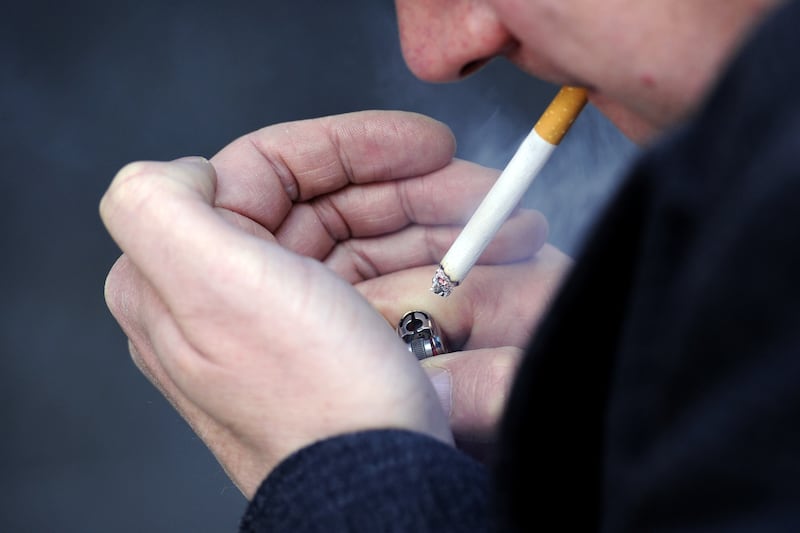Exercising prior to surgery could slash the risk of complications by half, according to new analysis.
And combining increased activity with a better diet and psychological support could reduce risks by more than a third, a study suggests.
A combination of support was also associated with shorter stays in hospital after an operation.
While so-called “prehabilitation” – or actively preparing patients for surgery using exercise, nutritional advice, psychological support and cognitive training – is “very promising”, researchers said there is an “urgent need” for multi-centre trials to support its wider implementation.
The analysis by Canadian academics, published in the BMJ, included data from 186 trials involving a total of 15,684 patients.
It found that exercising prior to surgery reduced the risk of complications by 50%, while support with diet led to a 38% reduced risk.
Combining exercise with eating better and psychological support was associated with a 36% reduced risk.
Dr Daniel McIsaac, anaesthesiologist and senior scientist at the Ottawa Hospital and clinical research chair in perioperative innovation at the University of Ottawa, said: “We know that people who are more physically fit tend to recover faster from surgery and suffer fewer complications.
“While many patients, with encouragement from their doctors, want to improve their fitness before surgery, patients often aren’t sure where or how to start.
“The goal of our research programme is to develop a simple and effective approach to prehabilitation that can benefit the largest number of patients in meaningfully improving their surgical recovery and help patients get home faster after surgery.”
Elsewhere, the analysis found exercise and psychological support led to patients spending 2.44 fewer days in hospital, while exercise and diet support was associated with 1.22 fewer days.
On their own, exercise and diet were associated with 0.93 and 0.99 fewer days respectively.
Dr McIsaac added that it is “always a good idea” for patients to ask medics about prehabilitation prior to surgery.
“If you are willing and able to regularly increase your activity levels and protein intake for a few weeks before surgery, you are likely to experience a noticeably shorter recovery time after surgery,” he added.
In January, the Government outlined its proposals to reform elective care in a bid to slash waiting lists and reduce waiting times for treatment to 18 weeks.
The plans include bolstering the care patients receive before, during and after surgery, known as perioperative care, to cut down on cancellations, complications and reduce the time patients spend in hospital after surgery.
Measures to support this include improving prehabilitation for people preparing to undergo cancer treatment and extending the Digital Weight Management Programme – which supports obese adults with diabetes or high blood pressure to lose weight – to patients waiting for knee and hip replacements.
Researchers said the “strongest evidence supports isolated exercise and nutritional prehabilitation, as well as multicomponent interventions including exercise”.
However, they added there is an “urgent need for multicentre trials” to provide more evidence.
Dr McIsaac said: “Prehabilitation is very promising, but we still don’t know how best to implement it across hospitals and health systems.
“We’re pretty sure that if patients can do the work of prehabilitation, they are likely to benefit. The big question is how do we deliver prehabilitation that works for all surgical patients at a system level?
“Ongoing multi-centre trials should provide more rigorous evidence to support broader implementation.”









